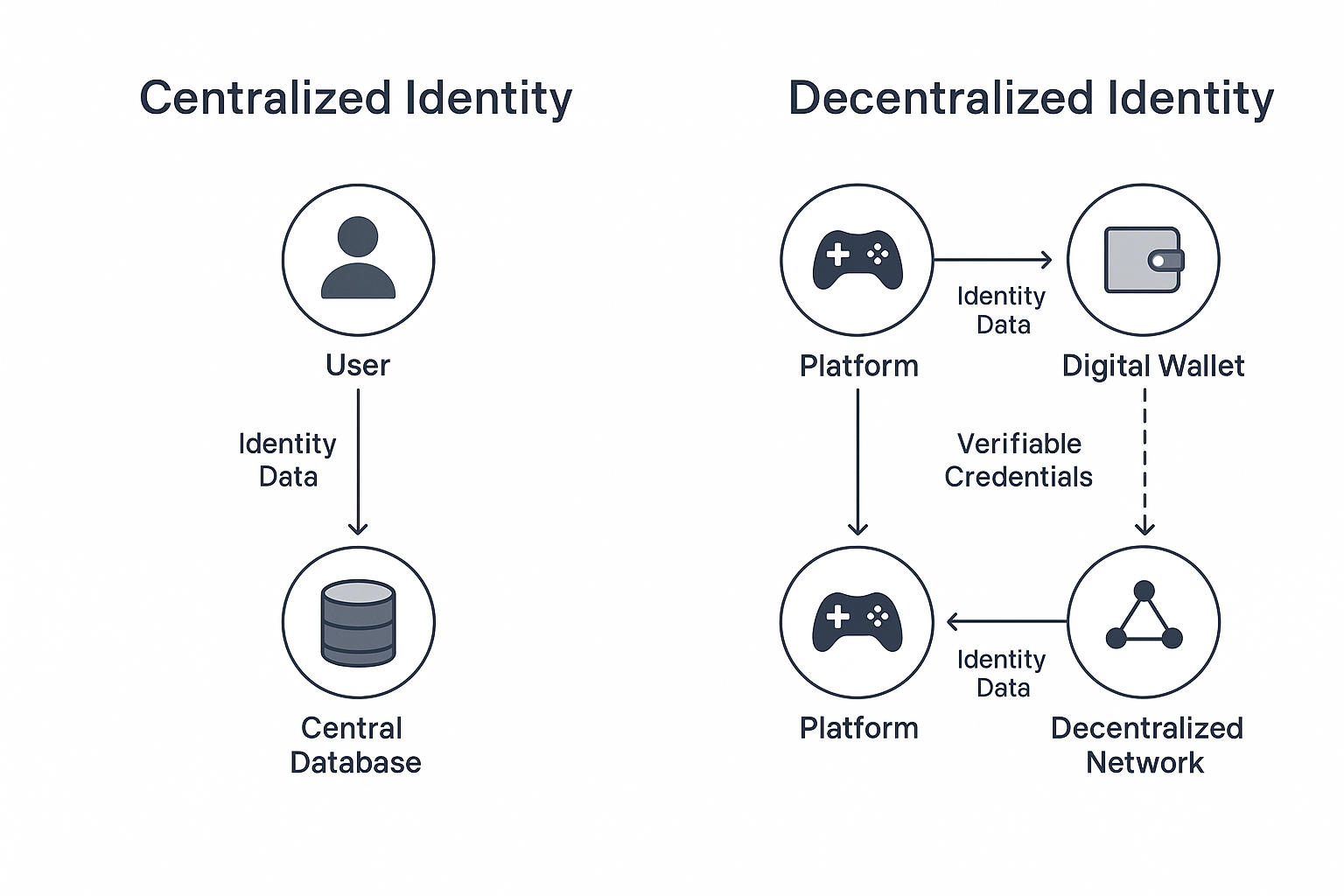CCCam HD Insights
Stay updated with the latest in streaming and tech.
Secure Decentralized Platforms: Your Digital Refuge in a Distrustful World
Discover how secure decentralized platforms can become your safe haven in a chaotic digital landscape. Join the revolution today!
Understanding Secure Decentralized Platforms: How They Protect Your Privacy
Understanding secure decentralized platforms is crucial in today's digital age, where privacy concerns are at the forefront of many users' minds. These platforms leverage blockchain technology to ensure that data is not stored centrally, minimizing the risks associated with data breaches and unauthorized access. By distributing data across a network of nodes, decentralized platforms create a system where the control of personal information is returned to the users, allowing them to manage their privacy more effectively. This shift not only enhances security but also builds user trust, as individuals can verify the integrity of the data they interact with.
One of the key features of secure decentralized platforms is the use of end-to-end encryption and smart contracts, which significantly bolster privacy. Smart contracts automate transactions and processes on the platform, eliminating the need for intermediaries and reducing potential points of failure. With end-to-end encryption, users can communicate and share information securely, ensuring that only intended recipients can access the data. Overall, these technologies work in tandem to create a robust framework that prioritizes user privacy while maintaining usability, making secure decentralized platforms a compelling choice for the privacy-conscious internet users.

Counter-Strike is a highly popular multiplayer first-person shooter game that has been captivating gamers since its initial release. Teams of terrorists and counter-terrorists compete in various objective-based game modes. Players can enhance their gaming experience by checking out the cryptocasino.com promo code for exciting bonuses and rewards.
The Benefits of Decentralization: Why You Should Ditch Traditional Platforms
Decentralization offers a transformative approach to how we interact with digital platforms, moving away from traditional, centralized systems that have dominated the internet for years. By embracing decentralized platforms, users gain increased control over their data and digital identities. This shift not only enhances privacy but also empowers individuals by reducing dependency on corporate entities that monetize user information. Furthermore, decentralized systems often foster innovation and creativity, allowing developers to create alternative solutions that challenge the status quo.
Another significant benefit of decentralization is the potential for increased security. Traditional platforms are vulnerable to hacks and centralized failures, while decentralized networks distribute data across numerous nodes, reducing the risk of a single point of failure. Moreover, users can actively participate in governance and decision-making processes, leading to a more democratic environment. By ditching traditional platforms, individuals not only protect their interests but also contribute to a more equitable digital landscape that prioritizes the community over corporate profits.
Is Your Data Safe? Exploring the Security Features of Decentralized Systems
In today's digital landscape, the question of data safety has taken center stage, particularly with the rise of decentralized systems. Unlike traditional systems that rely on centralized databases, decentralized systems distribute data across multiple nodes, which significantly enhances security. For instance, when a user's data is stored in a decentralized manner, it becomes much more difficult for malicious actors to compromise it. This distribution reduces the risk of a single point of failure, as the loss of one node does not jeopardize the integrity of the entire network. Additionally, many decentralized platforms implement advanced encryption methods, ensuring that only authorized users have access to sensitive information.
Moreover, decentralized systems often incorporate features like smart contracts, which automatically enforce the terms of agreements between parties without requiring intermediaries. This not only bolsters data safety but also enhances transparency and trust among users. As we delve deeper into the potential of these systems, it becomes evident that they offer a robust safeguard against data breaches and unauthorized access. To fully leverage these advantages, users should familiarize themselves with different decentralized technologies such as blockchain, peer-to-peer file sharing, and distributed ledgers, as understanding their unique security features can greatly enhance personal and organizational data protections.